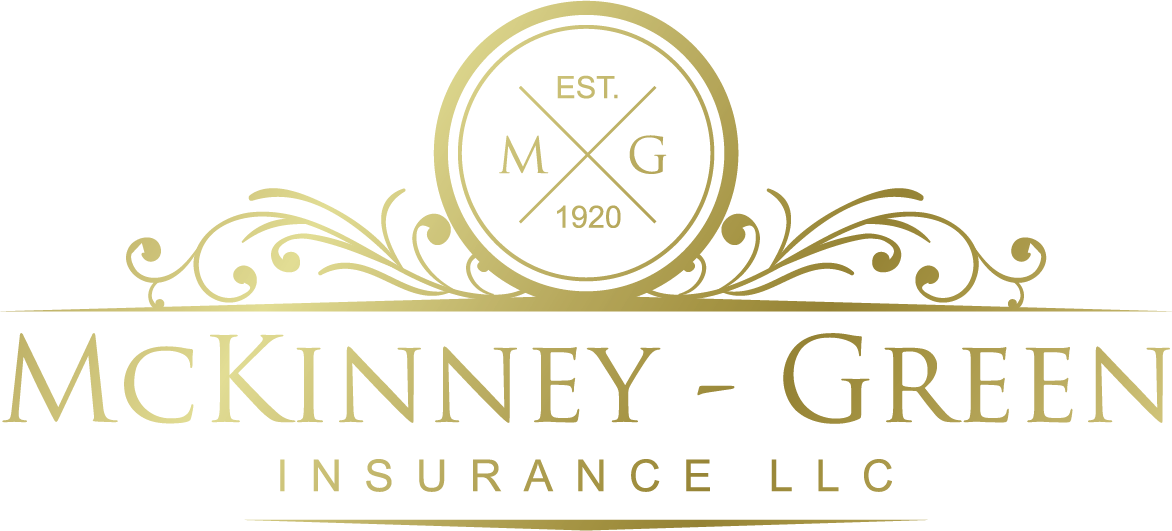Looking for a Notary Bond in Tennessee?
Get Your Bond Issued In Minutes Save Time, Aggravation, & Money
What is a Notary Public?
A Notary Public is a state official that has been commissioned by the state government to perform certain acts in legal matters with statewide jurisdiction. A notary’s authority varies by state, but most commonly they serve as an impartial witness to authenticate signatures on documents. This is done to deter fraudulent acts.
Tennessee Notary Public and Bond
Tennessee law requires that all Notary Publics purchase and maintain a $10,000 notary bond for the duration of their 4-year commission.
What is a Notary Bond?
A Notary bond is a type of surety bond that gives limited protection to another party against financial loss due to a mistake, omission, or wrongful act by a notary public. It is important to understand that a Notary Bond is not insurance. The bond does not protect the notary.
Where do I get a Notary Bond in Tennessee?
A notary bond is purchased from a Surety Bond company through a bonding agent. Although a bond is not insurance, many surety bond companies are also insurance companies.
Our team at McKinney Green specializes in Notary Bonds. We can help you secure your bond quickly!
What is Errors and Omissions (E&O) Insurance?
Notary Errors and Omissions (E&O) is a type of Professional Liability insurance for Notary Publics. It is the only option to protect the notary’s personal assets.
Regardless of fault, a surety bond company will require the notary to reimburse any loss or defense cost paid. An E&O insurance policy is purchased by the notary to pay this cost and additional expenses to settle a claim up to the policy limits.
It is important to understand that a notary is personally responsible for their acts and the notary bond only protects the other party – not the notary. The notary is not protected by business insurance or personal homeowner’s insurance.
Is Errors and Omissions insurance the same as my Notary Bond?
No. The bond is designed to protect the consumer. The E&O protects the Notary Public. If a consumer files a claim against you, the surety bond company will require you to reimburse them for any loss, attorney fees, or court costs. E&O protects the notary and will cover payments on your bond due to your honest mistakes, omissions, or false accusations only up to the limit on your policy. It will not cover any fraudulent acts you commit.
How much does a Notary Bond cost?
The cost of a Notary bond varies based on your state’s bond requirement. In Tennessee, the state-required $10,000 notary bond can be purchased through other online retailers for as little as $25. In conjunction with a matching limit of $10,000 in E&O coverage, the bond and E&O can be purchased for $50. A notary bond and E&O policy have a 4-year term, so this cost is only incurred every 4 years – not yearly.
We feel that based on the average notary claim we see, those low limits are insuffiencent. Therefore, our notary bonds start with a $50,000 E&O policy for $150. Higher E&O limits are available too. You can also obtain a notary stamp and ledger on our site as well.
How much E&O insurance should I buy?
This is a question only you can answer. You should carefully consider the monetary value of transactions you typically notarize. Limits start as low as $5,000 but can be purchased for any amount. Notaries who preside over transactions valued in the hundreds of thousands of dollars (the average home loan closing), for example, purchase coverage more in sync with these dollar amounts.
Besides honest mistakes and omissions, false accusations of wrongdoing can become expensive as you pay for an attorney and court costs while fighting the allegations.
What happens if someone makes a claim against my Notary Bond?
The bond company will begin investigating the claim immediately. You will be asked to provide a copy of your Notary journal and other facts to help them determine the basis for the claim. If the surety company determines that the claim has merit, the surety company will negotiate a settlement or pay the full amount of the bond. The notary is personally responsible for any additional settlement, defense, or court cost.
